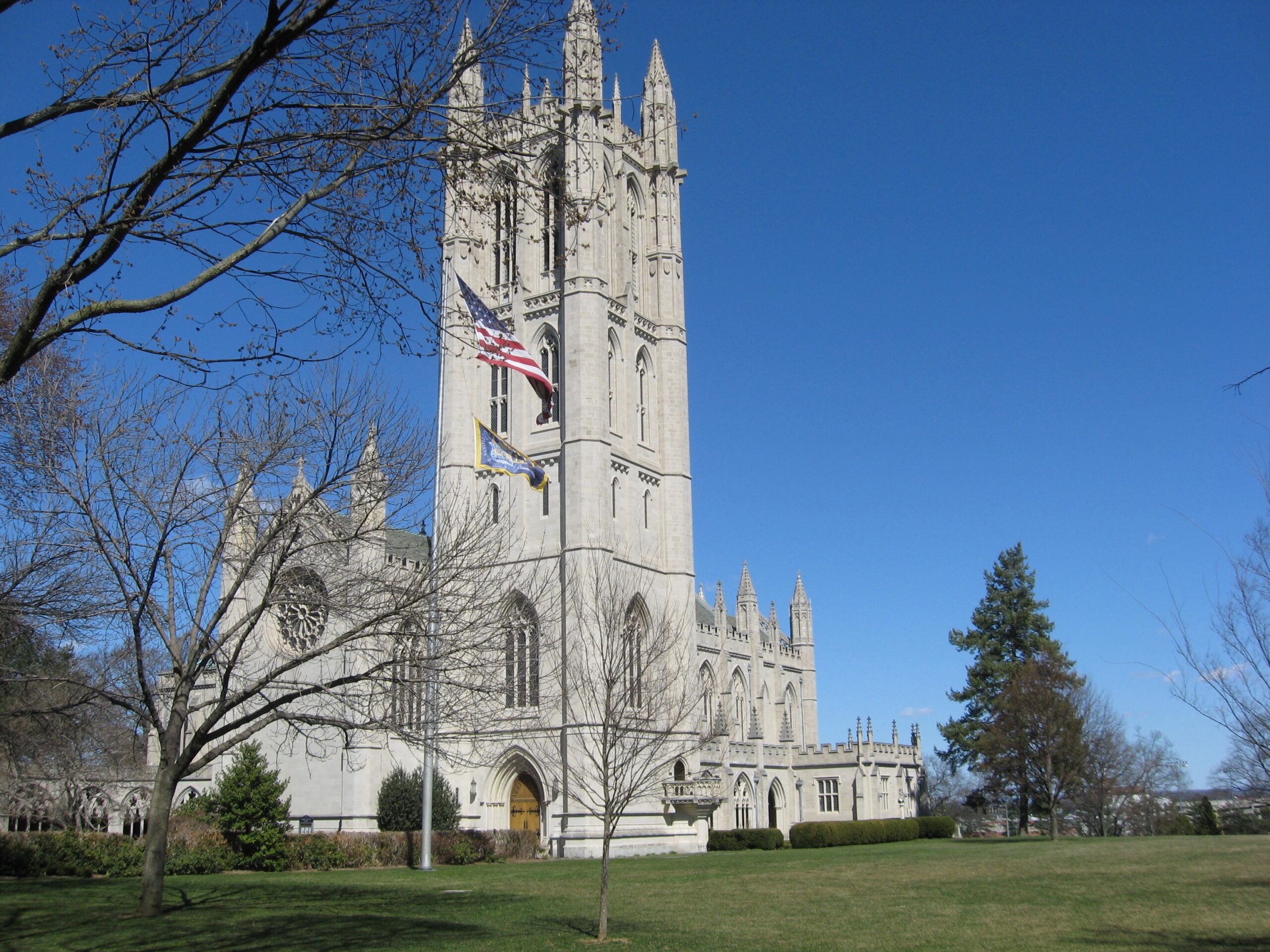Jack P. Carroll ’24
Managing Editor
The faculty met virtually on Tuesday, Mar. 8 to discuss Environmental, Social, and Governance (ESG) and vote on the Academic Affairs Committee’s revisions to academic probation.
President of the College Joanne Berger-Sweeney opened the meeting with a discussion of ESG and its potential adoption at Trinity in preparation for the College’s Bicentennial next year. She described ESG as “a set of standards for a company’s operation that our socially-conscious investors like to use to consider potential investments.” Berger-Sweeney explained that the Environmental criteria relates to how a company performs as a steward of nature. The Social component evaluates how a company manages relationships with employees, customers, and the communities in which it operates. Governance deals with a company’s leadership and other areas including executive pay, audits, and internal control.
“In conversations with a number of people, I wonder if as part of Trinity’s bicentennial efforts culminating in the year 2023 we, as a Trinity College community, should make commitments to a generation of future Bantams related to ESG,” said Berger-Sweeney. She further described ESG as “an articulation of what we believe in and who we are as a community.” She indicated that the adoption of ESG would be an inclusive and iterative process. Berger-Sweeney revealed that different committees of the Board of Trustees are having conversations about ESG. The criteria will be discussed with a broader constituent group during the Trustees’ April meeting.
Responding to Berger-Sweeney’s presentation, one faculty member expressed concerns about adopting ESG. He explained that many companies risk “greenwashing” in which companies promote environmentally-friendly policies but do not actually implement them. “When you say ESG there are all kinds of companies that use that term. How do you use it? What metrics do you go by in order to ensure that we do right by our commitment? I want to make sure that this happens in a way that we can fully embrace,” said the faculty member to Berger-Sweeney. The professor also questioned which faculty committees would be involved in the development of these standards.
Berger-Sweeney did not explain how the College would use ESG and responded to the faculty member by stating that “It’s not about trying to define how somebody else defines our environmental commitment. It’s trying to articulate for ourselves what commitments we would be willing to adhere…that we want to make for future generations.”
The faculty then voted on the Academic Affairs Committee’s revisions to academic probation. Associate Professor of Psychology Elizabeth Casserly, who serves on the Committee, introduced the motion which contains four sections.
The first section stipulates that “any student attempting fewer than four credits (for traditional students) or the completion during the fall and spring term of a minimum of two-thirds the credits (for IDP students); or, any student accruing a semester GPA of 2.0 or below, or a single unsatisfactory grade (D or F), will receive ‘Academic Outreach.’”
The academic outreach notation would appear on a student’s advising transcript but not their permanent transcript. A letter would be sent to the student and copied to their academic advisor notifying them of the notation. Students would then have to meet with their advisor to discuss academic performance and identify pathways for improvement. Students on financial aid would receive a financial aid eligibility letter reminding them of the academic requirements needed for the upcoming semester to maintain their aid.
Casserly explained that academic outreach was developed for students who receive a single unsatisfactory grade in a semester or have one semester in which their grades are particularly low. She presented the motion as a solution to the flaws with the existing academic probation standards “where some people that we feel should be on academic probation are not currently getting into that kind of warning system and there are also some people where we feel it’s kind of maybe too harsh or not what they need.”
One faculty member criticized the academic outreach standards arguing that it dilutes the academic rigor of the College. He explained that under the new policy students who get a single D or an F in a course would not receive a firm enough warning to improve their grades: “the word outreach is so diluted and whittled down it’s almost like it doesn’t mean anything.” The faculty member also claimed that Trinity’s academic rigor has gradually declined over the course of the last twenty years. He emphasized that earning an F would mean not showing up to class, not completing any homework assignments, and doing no work whatsoever. The faculty member also questioned the motivations for revising the existing academic probation system: “If the impetus to do this is the number of academic probation waiver requests that the Committee gets then perhaps the best way to handle it is to, you know, not approving serious requests for removing academic probation.”
The first section of the motion establishing academic outreach was passed with 76 voting yes, 10 no, and 14 abstentions.
The second section requires that students who receive academic outreach for two consecutive semesters or three semesters total will receive an “Academic Warning.” The third section stipulates that students accruing more than one unsatisfactory grade (D or F) during a single semester or failing to maintain good academic standing will be placed on “Academic Probation.” The fourth section requires students who earn academic probation in two consecutive semesters or three semesters overall to take a “Required Withdrawal” of one semester from Trinity. Each of these sections were passed.








+ There are no comments
Add yours